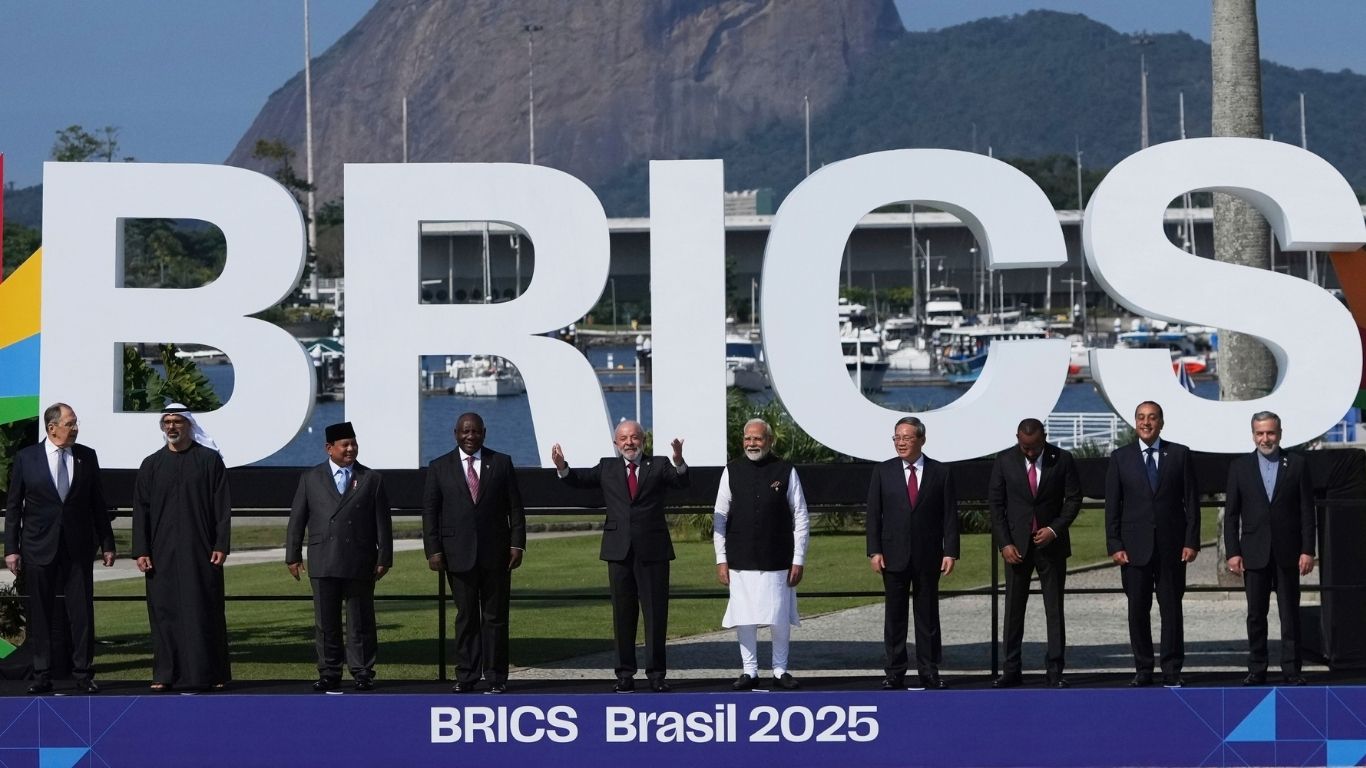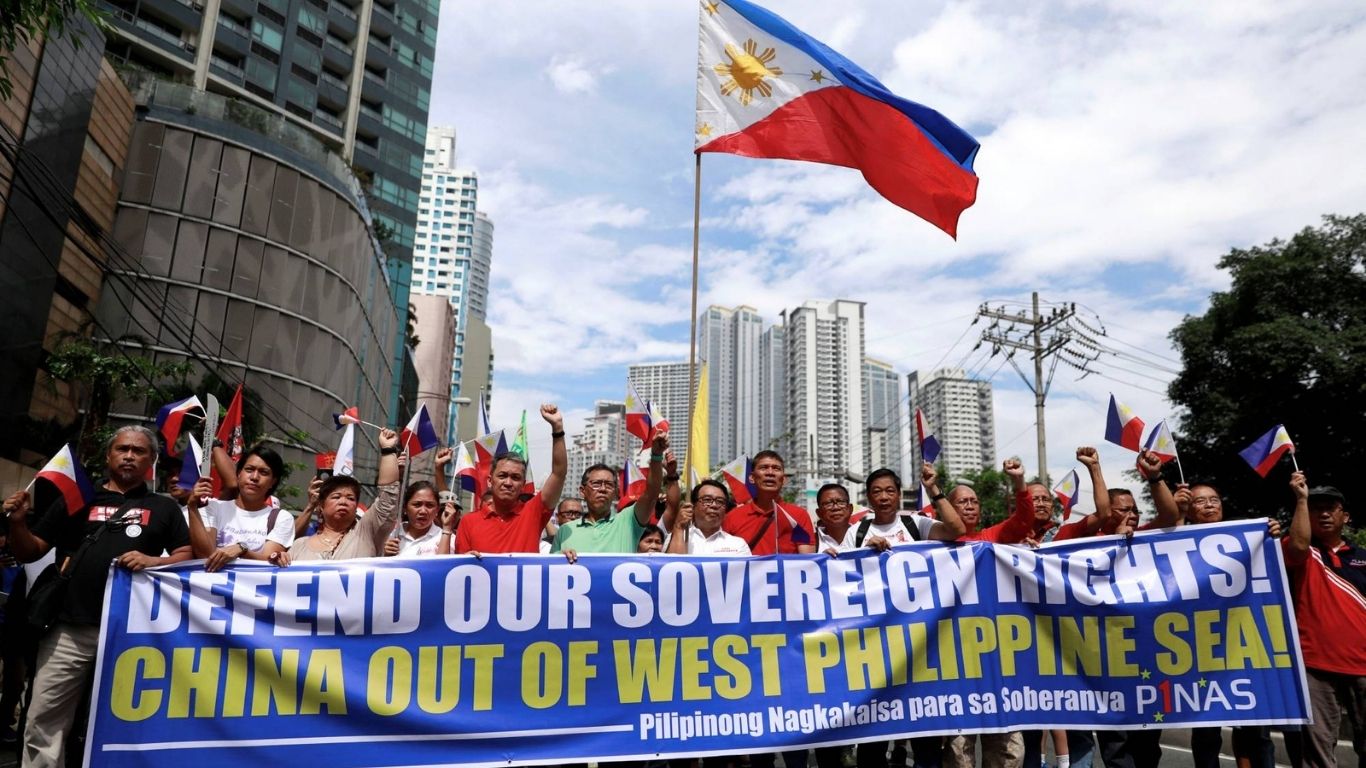Can Malaysia unite Southeast Asia as it takes charge of the bloc?
As Malaysia prepares to lead ASEAN in 2025, the region is at a turning point. The 10-member group faces significant challenges to its unity and credibility, including the ongoing political and humanitarian crisis in Myanmar and rising tensions over the South China Sea. Amid these pressing issues, a key question arises: Can Malaysia guide ASEAN toward solutions, or will its leadership merely maintain the status quo without real progress?
With high expectations placed on Prime Minister Anwar Ibrahim, 2025 could be the year Malaysia reshapes ASEAN’s role in a changing global landscape or falters under the constraints of collective decision-making. Here are the main hurdles, opportunities, and strategies Malaysia must navigate to strengthen ASEAN and what could happen if it fails.
The Myanmar Crisis: A Need for Firm Action?
The crisis in Myanmar has deeply tested ASEAN’s effectiveness. Since the military coup in February 2021, ASEAN’s response has been criticized as weak, with its 5 Point Consensus largely ignored by Myanmar’s army leaders. ASEAN’s long-standing principle of noninterference has rendered it ineffective, raising doubts about its ability to act in regional crises.
For Malaysia, this situation presents an opportunity to push for a more decisive approach. Instead of relying on ASEAN’s usual methods, Malaysia could lead a smaller coalition of willing members, such as Thailand, to work on a peace process. Reviving the ASEAN Troika—a group of past, current, and upcoming chair nations—could also help focus diplomatic efforts.
With the current troika consisting of Indonesia, Laos, and Malaysia, Putrajaya has a chance to steer a more direct and impactful response. By exploring alternative strategies, Malaysia could break the deadlock and show that ASEAN can defend its values. However, failure to address Myanmar risks cementing the view that ASEAN is more talk than action.
Managing China: Can Malaysia Hold ASEAN Together?
The South China Sea dispute is another critical issue. As both a claimant nation and ASEAN’s coordinator for relations with China, Malaysia must balance its national interests with those of the region. Prime Minister Anwar’s push to finalize a Code of Conduct for managing disputes in the South China Sea will test Malaysia’s diplomatic skills.
However, Malaysia’s close ties with China, highlighted by collaborations on global issues and economic partnerships, may raise concerns among other ASEAN nations like the Philippines and Vietnam. These countries may question Malaysia’s impartiality and potentially undermine trust.
To maintain ASEAN unity, Malaysia must prioritize collective regional interests over its bilateral relationship with China. If it fails, negotiations on the long-awaited Code of Conduct, which began in 2002, could be derailed, and ASEAN’s cohesion could suffer.
Advancing the Digital Economy and Regional Trade
Malaysia’s chairmanship also offers an opportunity to strengthen ASEAN’s economy. With the Regional Comprehensive Economic Partnership (RCEP) now in effect, Malaysia could focus on maximizing its benefits and positioning ASEAN as a hub for growth.
Another priority is the ASEAN Digital Economy Framework Agreement, which launched in 2023. By 2030, the region’s digital economy could grow by $2 trillion, but Malaysia must help bridge gaps in digital infrastructure and regulatory standards to ensure no member state is left behind. Anwar’s vision for making Malaysia an AI-driven economy could guide these efforts.
Global Realignments: Striking a Balance
Malaysia’s growing ties with BRICS and the Middle East signal a shift in its foreign policy. While this aligns with its domestic goals, it may cause friction within ASEAN, which has traditionally remained neutral in global conflicts.
As ASEAN chair, Malaysia must ensure these new partnerships do not undermine the bloc’s unity. Maintaining ASEAN’s role as a neutral and central player in the Asia Pacific will be crucial to avoiding divisions within the group.
Leadership and Missed Opportunities?
Malaysia’s ASEAN chairmanship comes with significant expectations. Malaysia could strengthen the bloc’s unity and relevance by tackling the Myanmar crisis, advancing South China Sea talks, fostering economic integration, and balancing global partnerships.
However, failure to address these challenges risks further weakening ASEAN’s role as a regional organization. The stakes are high, but so are the potential rewards. If 2025 will mark a turning point for ASEAN or a missed opportunity will depend on Malaysia’s ability to lead with vision and resolve. The world is watching to see if Malaysia can bring ASEAN closer together and ensure its continued relevance.




